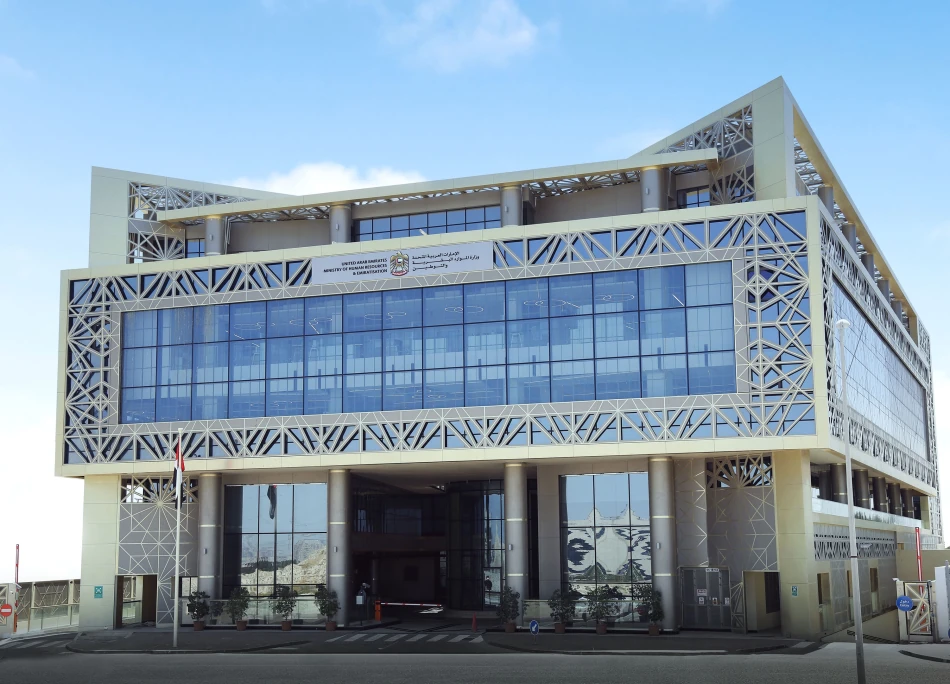
Uncover Your Legal Entitlements: A Guide to Employee Leave and Holidays in the Workplace
UAE Implements Comprehensive Worker Leave Policy Under New Labor Law
The UAE's Ministry of Human Resources and Emiratisation has outlined extensive employee leave entitlements under Federal Decree-Law No. 33 of 2021, establishing one of the region's most progressive labor frameworks. The legislation guarantees paid weekly rest, generous annual leave, and specialized time off for personal circumstances, positioning the Emirates as a competitive destination for international talent amid regional workforce competition.
Annual Leave Entitlements Set Regional Standard
Under the new regulations, employees receive 30 days of paid annual leave for each complete year of service, with proportional benefits for shorter tenures. Workers with six months to one year of service earn two days per month worked, while those leaving before using accrued leave receive compensation for unused days.
Part-time employees receive proportional annual leave calculated based on actual working hours, with a minimum guarantee of five working days annually. This provision addresses the UAE's growing gig economy and flexible work arrangements that have expanded since the pandemic.
Flexible Leave Management
Employers must provide at least one month's notice before scheduling employee leave, though workers can carry forward unused days to the following year with employer approval. Critically, employers cannot prevent workers from taking earned leave for more than two consecutive years, protecting employee rights while maintaining operational flexibility.
Family-Focused Leave Policies
The legislation introduces several family-oriented leave categories that reflect the UAE's efforts to attract long-term residents and families:
Parental leave grants five working days to either parent following childbirth, usable continuously or intermittently within six months of birth. Bereavement leave provides five days for spousal death and three days for immediate family members, including parents, children, siblings, grandparents, and grandchildren.
These provisions align the UAE with international best practices, though they remain modest compared to European standards. The policy signals recognition that work-life balance drives talent retention in competitive regional markets like Singapore and Hong Kong.
Education and National Service Provisions
Workers enrolled in accredited educational institutions receive up to 10 days of study leave annually for examinations, provided they have completed two years of service. This requirement balances employee development with employer investment protection.
Emirati citizens receive paid leave for mandatory national service, reinforcing the government's citizenship obligations while protecting employment rights. All specialized leave requires documentation from relevant authorities, preventing abuse while ensuring legitimate access.
Strategic Implications for UAE's Labor Market
This comprehensive leave framework serves multiple strategic objectives. As regional financial centers compete for international talent, generous leave policies become differentiating factors alongside tax advantages and lifestyle benefits. The UAE's approach appears designed to counter Saudi Arabia's aggressive Vision 2030 recruitment and Singapore's established work-life balance reputation.
For employers, the legislation creates predictable costs and obligations while providing operational flexibility through advance notice requirements and leave scheduling rights. Companies can plan workforce coverage while employees gain protected time off rights.
Regional Context and Competitive Positioning
The UAE's leave policies now exceed many regional competitors while remaining below European standards. This positioning reflects the Emirates' strategy of attracting international professionals without fully adopting Western labor costs. The emphasis on family leave particularly targets expatriate families considering long-term residence.
The legislation's timing coincides with post-pandemic workforce expectations around flexibility and work-life balance. As remote work normalizes and talent mobility increases, comprehensive leave policies become essential retention tools for governments and employers alike.
Most Viewed News

 Sara Khaled
Sara Khaled






